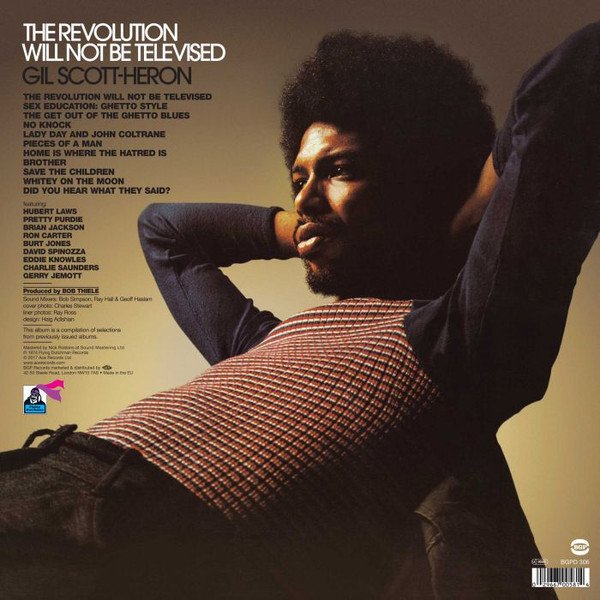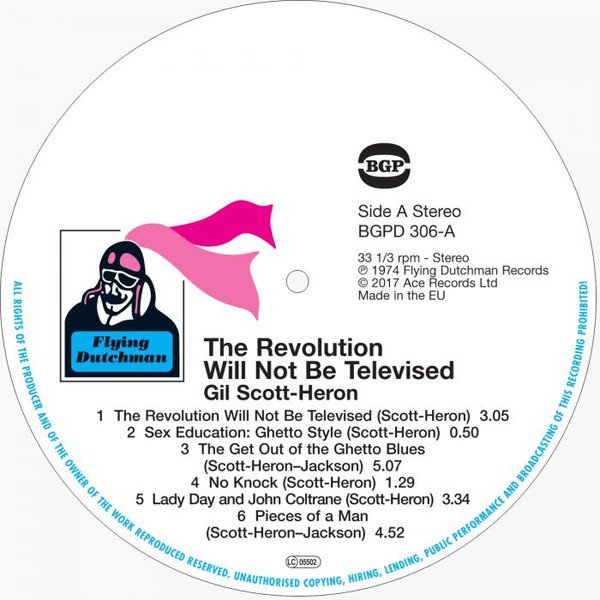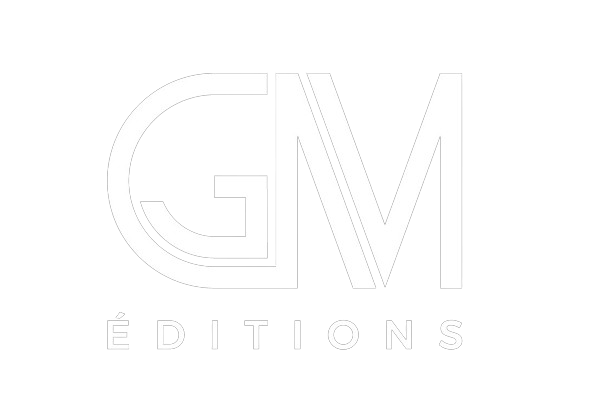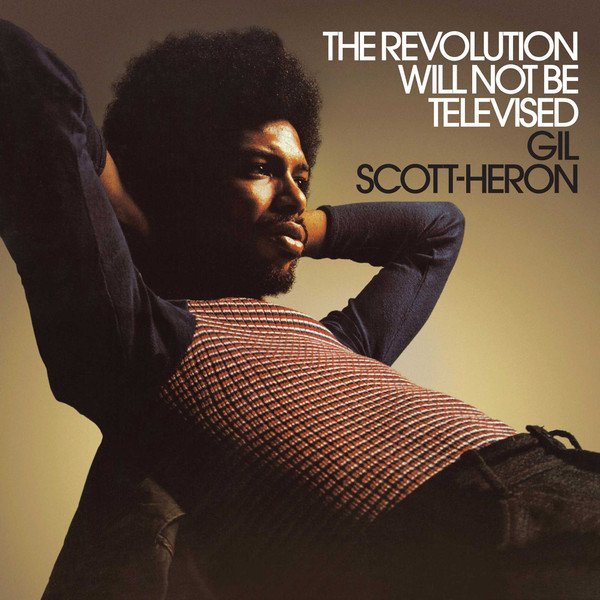
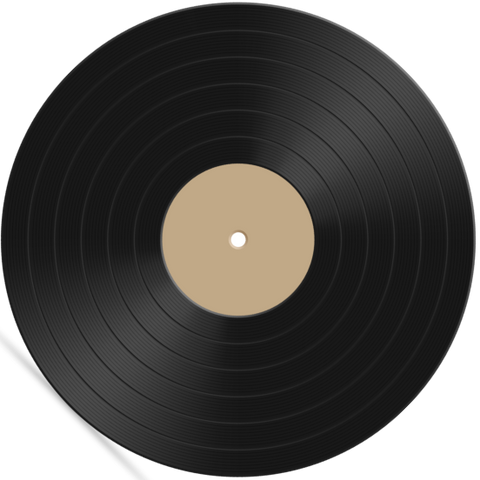
The Revolution Will Not Be Televised
Par
Gil Scott-Heron
Description
Gil Scott Heron - The Revolution Will Not Be Televised
An explosive context
An open work
Since its release, not a year has passed without the song being cited and diverted. Without a more or less subtle allusion being made to it. So, how many newspaper or magazine articles? How many rap or rock songs? How many advertisements have not borrowed the title from the text to make it: "the revolution will not be televised", "the revolution will be televised", "the revolution should be televised", or even "television will be revolutionized"? A marker of its time, the song has become a shortcut. A generic term to mean "protest", "activism", sometimes labeled limited to African-American activism. But sometimes also used as an anthem speaking for all possible revolutions.
Informations
About the artist
Gil Scott-Heron
Gil Scott-Heron est un poète, musicien et militant américain, souvent considéré comme l’un des pères spirituels du rap. Avec sa voix grave et ses textes engagés, il a dénoncé les injustices sociales dans des titres puissants comme "The Revolution Will Not Be Televised". Fusionnant jazz, soul et spoken word, Gil Scott-Heron a marqué l’histoire de la musique politique et urbaine.
Read more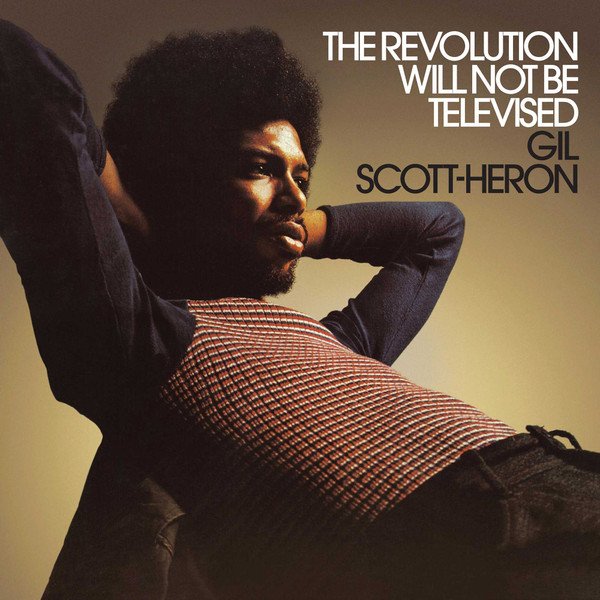
The Revolution Will Not Be Televised
Sale price24,00 €

